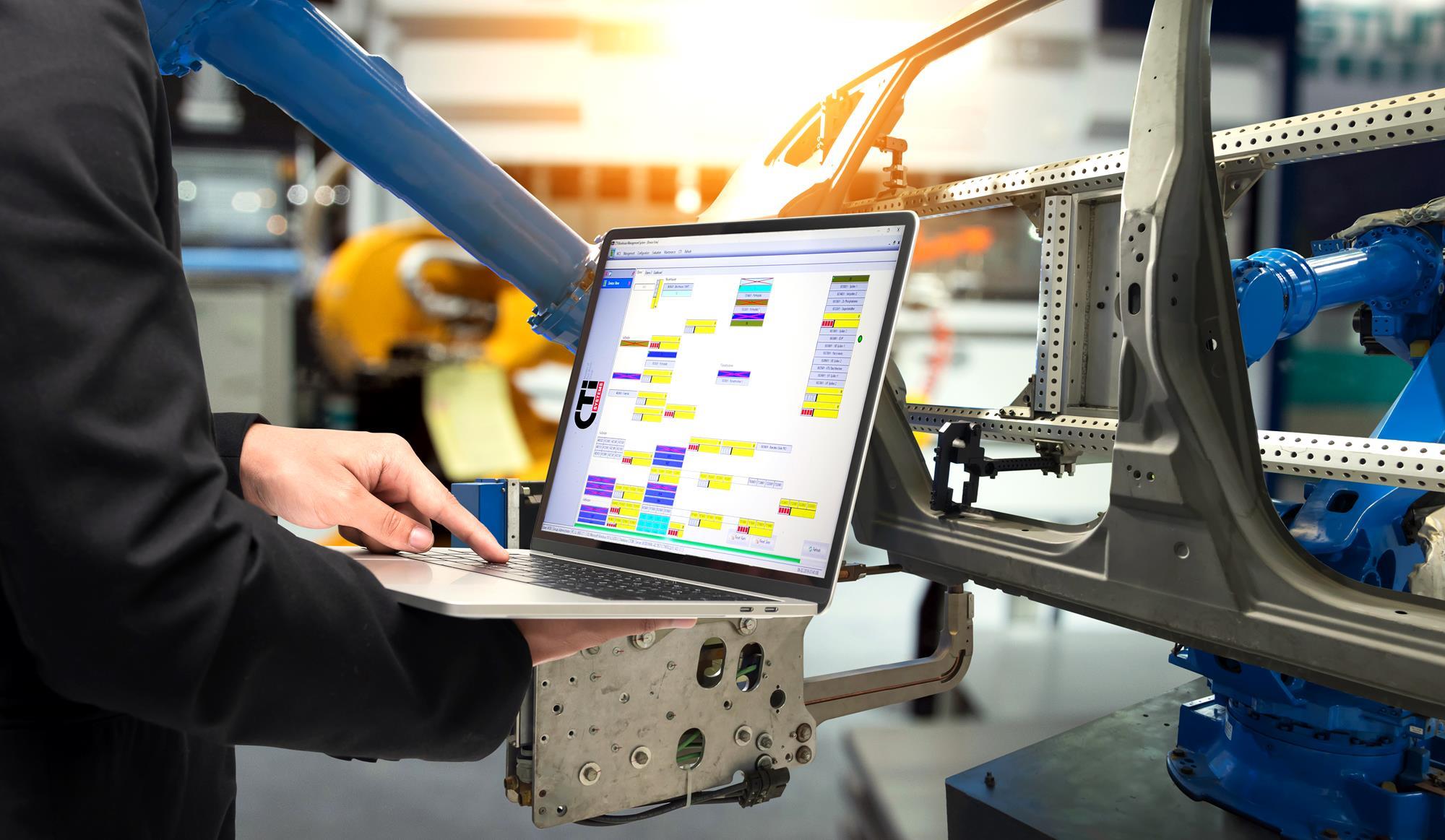Introduction:
Chile’s industrial landscape is undergoing a transformative shift propelled by advancements in factory automation and industrial control systems (ICS). As industries across sectors embrace automation technologies to enhance efficiency, productivity, and competitiveness, the demand for robust ICS solutions continues to rise. This article explores the burgeoning market for factory automation and ICS in Chile, examining key trends, challenges, and opportunities shaping the industry’s trajectory.
Understanding Factory Automation and Industrial Control Systems:
Factory automation refers to the use of technology and control systems to automate manufacturing processes, reducing human intervention and increasing operational efficiency. Industrial control systems encompass a wide range of hardware and software solutions designed to monitor, control, and optimize industrial processes, including supervisory control and data acquisition (SCADA), programmable logic controllers (PLCs), and distributed control systems (DCS).
Get a Free Sample PDF Report: https://www.metastatinsight.com/request-sample/2649
Key Components of Factory Automation and ICS:
Supervisory Control and Data Acquisition (SCADA): SCADA systems enable real-time monitoring, data acquisition, and control of industrial processes across diverse applications, providing operators with actionable insights and remote access capabilities.
Programmable Logic Controllers (PLCs): PLCs serve as the core control units in factory automation, executing logic functions, sequence control, and data processing tasks to regulate machinery and equipment operations with precision.
Human-Machine Interface (HMI): HMIs facilitate interaction between operators and automated systems through graphical user interfaces (GUIs), allowing for intuitive control, visualization, and troubleshooting of manufacturing processes.
Distributed Control Systems (DCS): DCS platforms integrate multiple control units and sensors distributed throughout a manufacturing facility, enabling centralized monitoring, coordination, and optimization of complex industrial processes.
Industrial Robotics: Robotics technology plays a vital role in factory automation, with robotic arms, automated guided vehicles (AGVs), and collaborative robots (cobots) performing tasks ranging from assembly and welding to material handling and inspection with speed, accuracy, and repeatability.
Market Dynamics and Trends:
Industry 4.0 Adoption: Chilean industries are increasingly embracing Industry 4.0 principles, characterized by the integration of digital technologies, automation, and data-driven decision-making to create smart, interconnected manufacturing ecosystems.
Sectoral Applications: Factory automation and ICS find applications across diverse sectors in Chile, including manufacturing, mining, energy, agriculture, food processing, and automotive industries, driving demand for tailored automation solutions and industry-specific expertise.
Integration of IoT and AI: The convergence of Internet of Things (IoT) and artificial intelligence (AI) technologies with factory automation and ICS is enabling predictive maintenance, autonomous operations, and adaptive manufacturing processes, optimizing resource utilization and production outcomes.
Focus on Efficiency and Sustainability: Amidst growing environmental concerns and resource constraints, Chilean industries are prioritizing energy efficiency, waste reduction, and sustainable practices, prompting investments in automation solutions designed to minimize environmental impact and enhance resource efficiency.
Skilled Workforce Development: The adoption of advanced automation technologies necessitates a skilled workforce equipped with specialized knowledge in robotics, programming, data analytics, and cybersecurity. Initiatives aimed at fostering technical education, vocational training, and industry-academia collaboration are essential to address the skills gap and promote workforce readiness.
Challenges and Opportunities:
Cybersecurity Risks: The proliferation of interconnected industrial systems and reliance on digital infrastructure expose Chilean industries to cybersecurity threats, including malware, ransomware, and unauthorized access. Strengthening cybersecurity measures, implementing robust authentication protocols, and adopting secure-by-design principles are imperative to mitigate risks and safeguard critical assets.
Legacy System Integration: Many Chilean industries operate legacy equipment and infrastructure that may lack compatibility with modern automation technologies. Retrofitting existing systems, legacy system integration, and phased migration strategies are essential to harness the benefits of automation while minimizing disruptions to ongoing operations.
Regulatory Compliance: Compliance with industry standards, regulations, and safety guidelines governing factory automation and ICS implementation is essential to ensure operational integrity, risk mitigation, and regulatory compliance. Engaging with regulatory authorities, conducting thorough risk assessments, and adhering to best practices in system design and implementation are vital considerations for industry stakeholders.
Market Competition: The Chilean market for factory automation and ICS is characterized by intense competition among domestic and international providers, with companies vying for market share, differentiation, and customer loyalty. Strategies such as product innovation, customization, after-sales support, and strategic partnerships can enable companies to gain a competitive edge and capitalize on emerging opportunities.
Export Potential: Chilean automation providers have significant export potential, leveraging their expertise and capabilities to serve international markets with growing demand for automation solutions. Establishing global partnerships, participating in trade missions, and showcasing technological prowess in international forums can facilitate market expansion and revenue diversification.
Conclusion: The evolution of factory automation and industrial control systems is poised to redefine Chile’s industrial landscape, driving efficiency, innovation, and competitiveness across sectors. As industries navigate the complexities of technological adoption, regulatory compliance, and market dynamics, strategic investments in automation solutions, workforce development, and cybersecurity resilience are critical to unlocking the full potential of Industry 4.0. By embracing innovation, collaboration, and continuous improvement, Chilean industries can position themselves for sustainable growth, resilience, and success in the era of smart manufacturing.
Drop us an email at:

COMMENTS